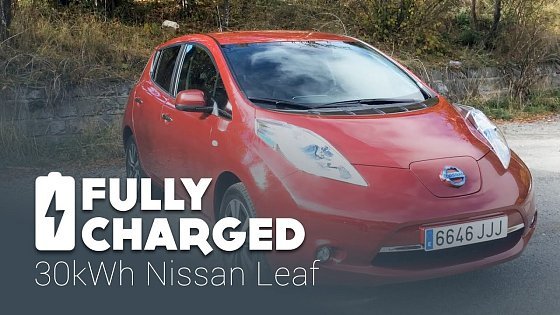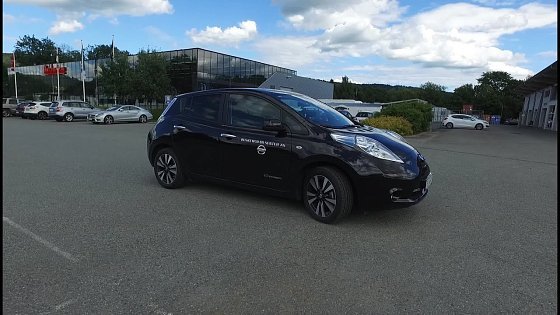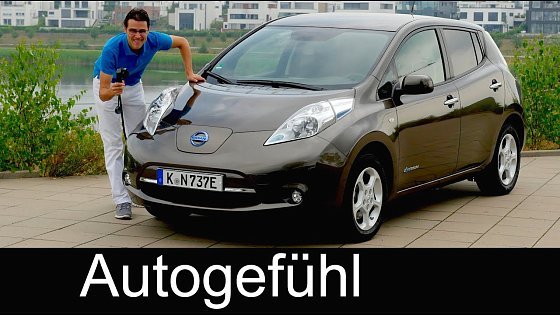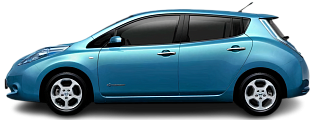Video Summary
Here is the summary:The Nissan Leaf is not significantly new; the main update is the denser batteries, which now have 30 kWh instead of 24. This translates to greater range.
The 30 kWh battery requires an additional 2000 EUR on top of the standard 24 kWh version. It is possible to either buy the car with or without the battery, leasing the battery instead for between 80 and 120 EUR, depending on time and mileage.
The 30 kWh battery increases theoretical range from 199 to 250 km. With a 24 kWh battery, 160 km were manageable in urban and country roads. 200 km are now easily achieved in-town with the 30 kWh battery, albeit in Eco mode. Energy recuperation, "B" mode, can extend the range with planning. In B gear, brake lights do not turn on, even at high speeds.
The Leaf feels nimble around town, okay up to 100 km/h, but loses punch at higher speeds. Eco mode slows the car down a bit, but extends range.
After its facelift, it has new SatNav and a 360° camera, useful because the car does not have parking sensors. Through Nissan Connect EV, preconditioning is possible. The app was hacked a few months ago.
It has a 109 horsepower electric motor with 254 Nm of torque.
There are four charging options.
Your home electric socket requires more than 12 hours for a full charge, and over 16 hours in the reviewer’s case.
A home wall box will reduce this time to 8 hours; wall boxes cost around 1000 EUR.
The Nissan Leaf comes prepared for 6.6 kW chargers that cost an additional 1000 EUR, but will cut charging time from 8 to 4 hours using city chargers.
Fast chargers take 30 minutes to bring the battery up to 80% capacity.
For the 30 kWh batteries, there is an 8-year/160,000 km warranty, while the 24 kWh batteries get a 5-year warranty.
The new SatNav is too small and too low in the car. USB and 12 V sockets are low next to the smartphone shelf. There is no induction charger for phones.
Cup holders, door bins, and a glove box are present. The under-armrest storage is average. Front and rear seats are heated. The rear seats are comfortable, even for taller passengers. The central tunnel with batteries limits legroom, and there is no flat loading space due to the batteries. The boot has 370 L, just 10 less than a VW Golf, although the shape is more irregular.
The Nissan Leaf costs 23,000 EUR when leasing the 24 kWh battery, 29,000 EUR when the battery is bought with the car. The 30 kWh battery versions are 28,000 and 34,000 EUR respectively. The Techno model reviewed in the video costs close to 37,000 EUR. For this price, other cars like the BMW i3 offer newer batteries and faster charging times.
Overall, the car is suitable for shorter trips or within a city.







